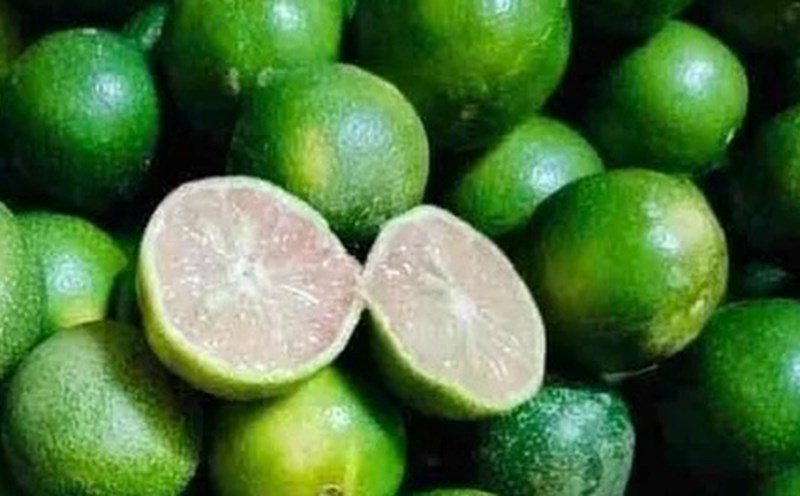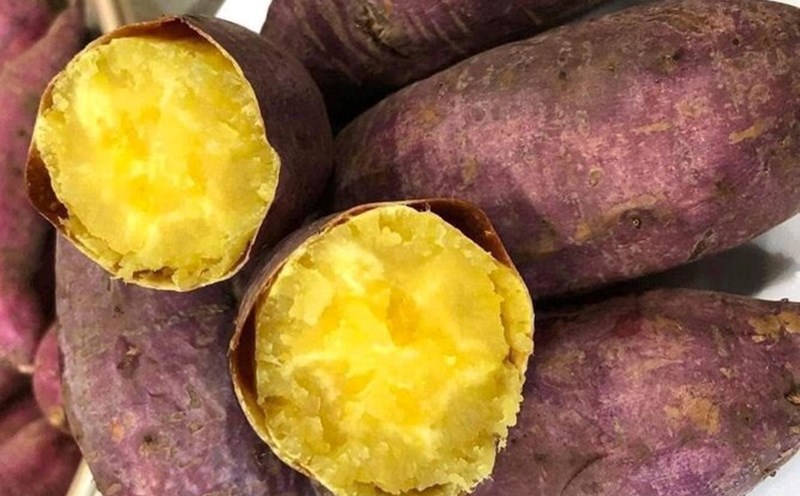The kidneys are responsible for maintaining the balance of electrolytes such as potassium, sodium and phosphorus in the blood. When you eat a lot of dried fruit - which is high in potassium and phosphorus - the kidneys will have to work too hard to process this excess mineral.
For example, 100g of raisin contains more than 750mg of potassium. For people with chronic kidney failure, the ability to excrete potassium is reduced, making hyperkalemia more likely - a dangerous condition that can cause arrhythmia.
Similarly, some dried fruits are also rich in oxalate - a substance that can combine with calcium to form kidney stones, especially when drinking less water. Experts recommend that people with a history of stone should limit foods high in oxalates, including some dried fruits such as apricot and dried persimmons.
In addition, the drying process can cause the fruit to lose water but retain a very high amount of natural sugar. Some products also add sugar, increase blood sugar levels and affect the filter pressure of the kidneys. Prolonged high blood sugar can cause damage to the microencephalodes in the kidney bridge - the leading cause of kidney disease due to diabetes.
Eating dried fruit in moderation is not harmful to healthy people. However, consuming too much - especially for people with kidney disease - can lead to potassium overload, stone formation and increased kidney pressure, causing serious damage over time.











